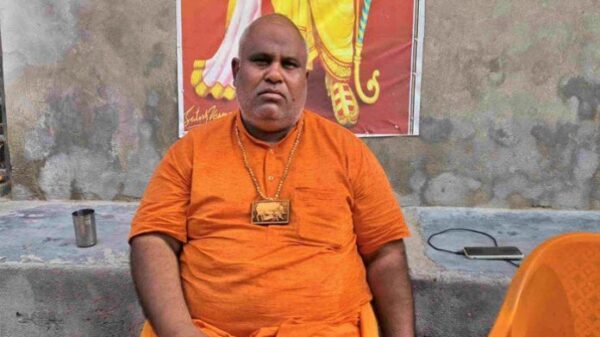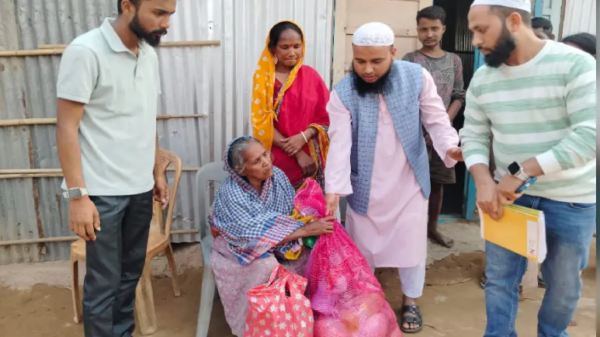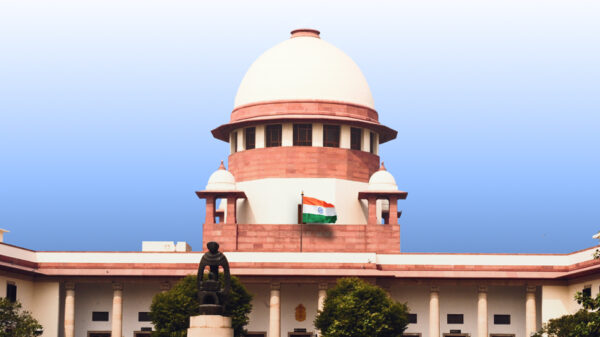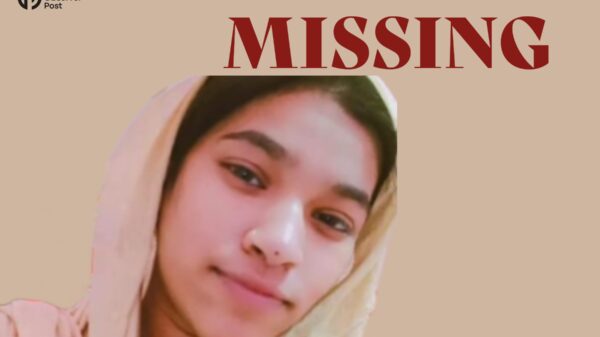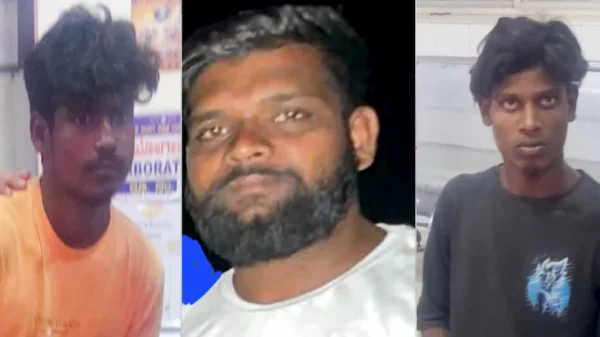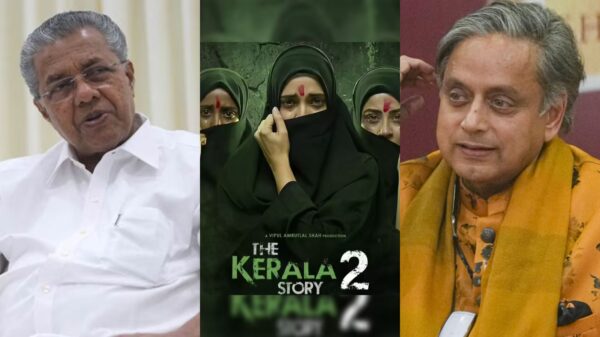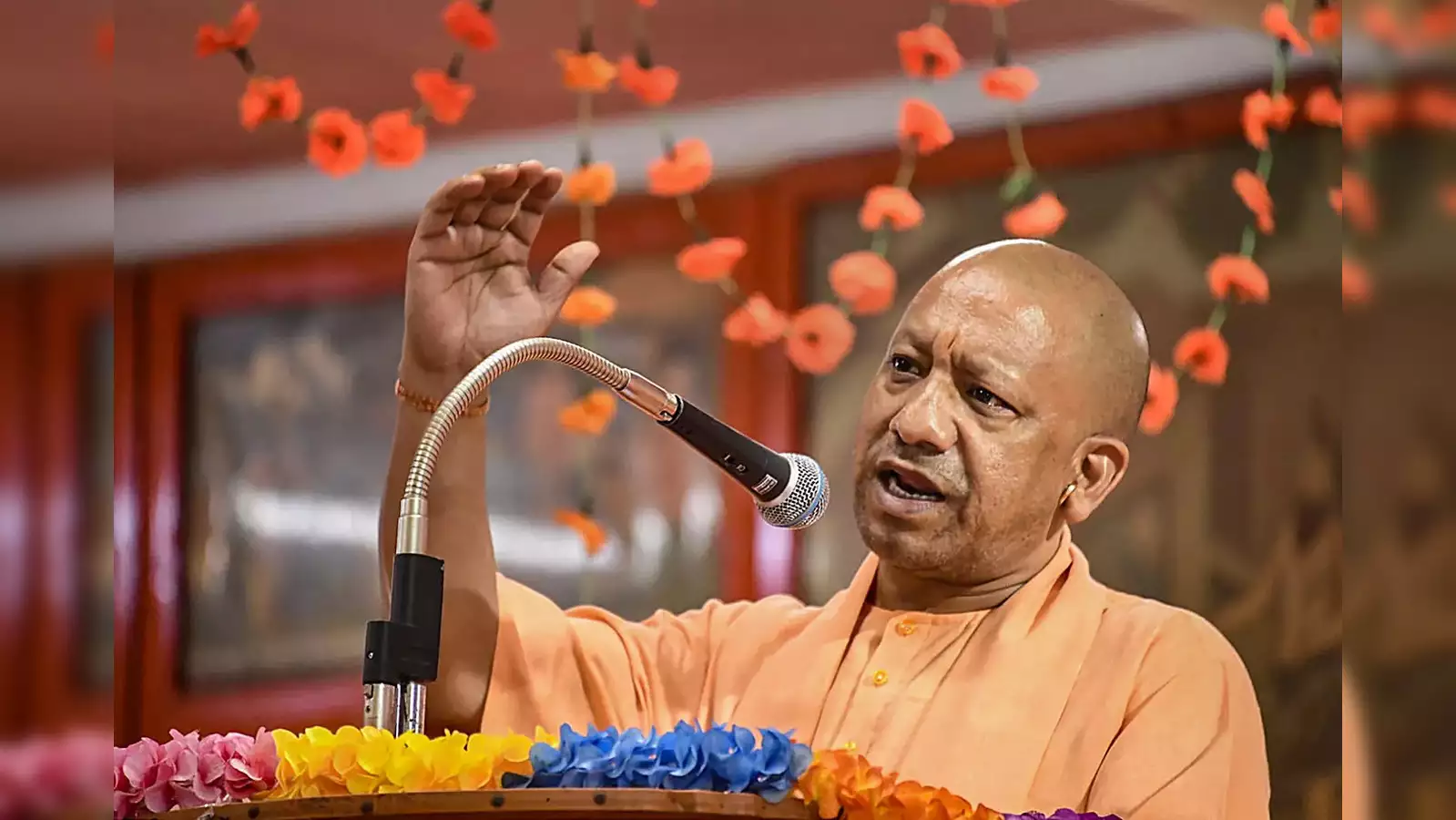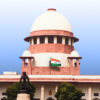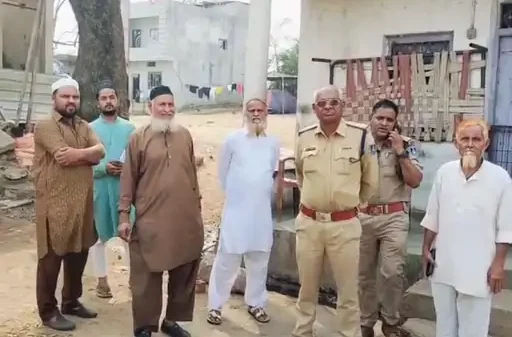Yogi Adityanath, the chief minister of Uttar Pradesh recently delivered a speech in Maharashtra’s town, Palghar during the election campaign. The speech stirred controversy among the citizens in Maharashtra and across the state, due to provocative remarks against minorities and the opposition party.
The rally which was organized on 18th May saw a massive crowd waving saffron flags throughout the speech.
Addressing the rally, Yogi declared, “In ‘our’ UP, now no one dares to offer namaz on roads anymore. The mics of the mosques have also been removed. In the next 5 years of our rule, people will forget about the loud noises(azan) coming from the mosques.”
He further targeted the minority community asking them to leave India. “You should all go to Pakistan and beg there instead of being a burden to India. We need to remove such people from India.”
In his 22-minute-long speech, the CM also mentioned the opposition’s support for laws that benefited the minority populations. “They will bring an inheritance tax and distribute it among the Muslims. Further, they will give your ancestral properties to Rohingya, Bangladeshi, Pakistani, and Afghans,” he said. “Can you all find this acceptable?” he added.
In one of his most controversial statements from the speech, he said, “Aurangzeb’s spirit has entered the INDIA alliance. Do not let Aurangzeb and his children come to Maharashtra.” This analogy has stirred anger, with many pouncing on the comparison as historically inaccurate and inflammatory. The direct statements only prove how they leaders do not held accountable for playing with public sentiments.
This speech is not the first one by CM, Adityanath or any of the BJP ministers. The past few months have seen a lot of controversy circling ministers for using inflammatory language.
This brings forward the question of rising religious polarization and communalism that has been going on within the Indian political narrative.
As the country heads into the final stage of the election, inflammatory speeches delivered by political leaders without any sense of accountability raise the question of a secular and plural governance in the future.
Adityanath’s remarks have only pushed the political tensions even further.
While the opposition parties accuse him of using divisive language to garner votes, these kinds of hate speeches continue to be delivered among different parts of the state of India’s democratic fold.







